
“Un/tracing Empire: Pollinations between the Poetic and Ethnographic” was convened as a reading and workshop group of anthropologists with a commitment to poetics and poets with an ethnographic sensibility or fieldwork-based practice.
Grace H. Zhou, guest editor for this series, proposed the idea for this initiative, and collaborated with Jill J. Tan, section editor for the Visual and New Media Review, in organizing and editing this publication series. We began meeting in November 2021, assembling once or twice each month for over a year to read, discuss, write, and experiment together.
Together we explored the cross-pollination of ethnography and poetry as modes of attunement, methods of empirics, and crafts of fabulation. We were interested in probing the ways that the poetic mediates epistemological and geopolitical formations, paying particular attention to how poetry and the poetic, through built-in resistance to foreclosures in form, and gestures of accretion and attrition, traces and makes known the untraceable workings of empire. Here, we considered the erasures as well as over-intimacies of colonial formations, and experimented with language as a way of unsettling.
We began with reading together, finding disparate and common vocabularies through a set of poetic texts, media, and ethnographic commentary. These discussions grounded our entry into an interdisciplinary space as a group of then-strangers and soon-to-be co-travelers. As a group coming from different backgrounds and stakes, we wanted to explore not only what poetry meant to each of us, but what anthropology as a field of possibility meant to those working outside it or on the periphery, through the lens of poetics. Our participants were Megan Gette, Madeleine Han, Irene Hsu, Bhoomika Joshi, Alexandra Kaul, Luca Lum, Maryam Ivette Parhizkar, Aanchal Saraf, Jill J. Tan, Rachel Thompson, and Grace H. Zhou.
As part of this project, our group also hosted several guest workshops on documentary poetics by poet Claire Hong, ethnographic poetry by anthropologist Susan Lepselter, and embodied care infrastructures by arts practitioner Alecia Neo, co-led with Tan—these workshops, as well as the purchase of texts, were supported as colloquia by the Yale Center for the Study of Race, Indigeneity, and Transnational Migration. We were also in conversation with anthropologist Roxanne Varzi, whose work we have included in this published series.
We hope that this series in the Visual and New Media Review, which is just one culmination of our work together in the course of over a year, reflects some of the creative and theoretical themes that have come to the fore for our contributors. These pieces reflect some of our commitments and research interests that focus on empire and power—through documentary regimes, carceral chronicity, late capitalist affects, geopolitical fictions, epistemological violence—and how language conditions their doings and undoings. This is an entry into a conversation which we hope to continue.
-eds. Grace H. Zhou and Jill J. Tan
Posts in This Series
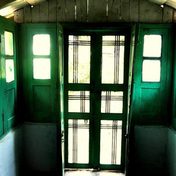
What I Didn’t Tell You
What I didn’t tell youWas that three years before I was bornMy mother’s mother wrote a letter To no one in particular Because it was addressed to all the gods s... More

Making a List as the Cop Bares His Teeth at Us
Abolition—The cop bares his teeth at us. Abolition is a word I hear sparsely in Oregon, but now there’s talk about dissolving the whole police department—an off... More

“Corn” and “Gnats”
These are two short video poems: “Corn” and “Gnats.” They are part of an ongoing project, experimenting with immersion in an ethnographic atmosphere. The larger... More
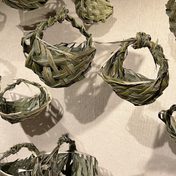
Islands Dropped from a Basket (after Kathy Jetñil-Kijiner)
The archives of the Trust Territory of the Pacific Islands (TTPI) are characterized by certain losses, given the U.S. Cold War penchant for secrecy and redactio... More
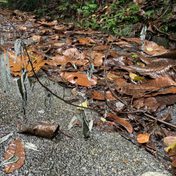
/ and burn
Commentary This poem is part of my ongoing series of formal and methodological explorations of how the poetic holds within itself a built-in resistance to forec... More
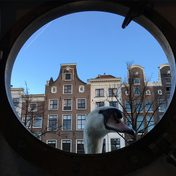
LAND LEGS
Let’s begin with the bird, bound for Jakarta. A panacea—or apparition? The breadth of its distended wingspan was to be thirty-two kilometers. Its scare-quote eg... More
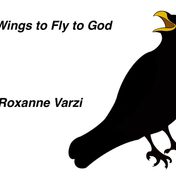
No Wings to Fly to God
No Wings to Fly to God One hand raised to heaven, one hand grounded toward the earthwe have no wings to fly to God, no wings to fly to God A winged being, the s... More
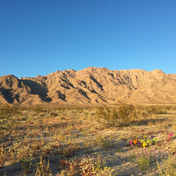
Erasure as Repair: A Speculative Poetics of the Archive
Commentary “How Our Chinamen Are Employed” and “The Chinese in California” are erasure poems of nineteenth century magazine articles from the archives of the Ch... More